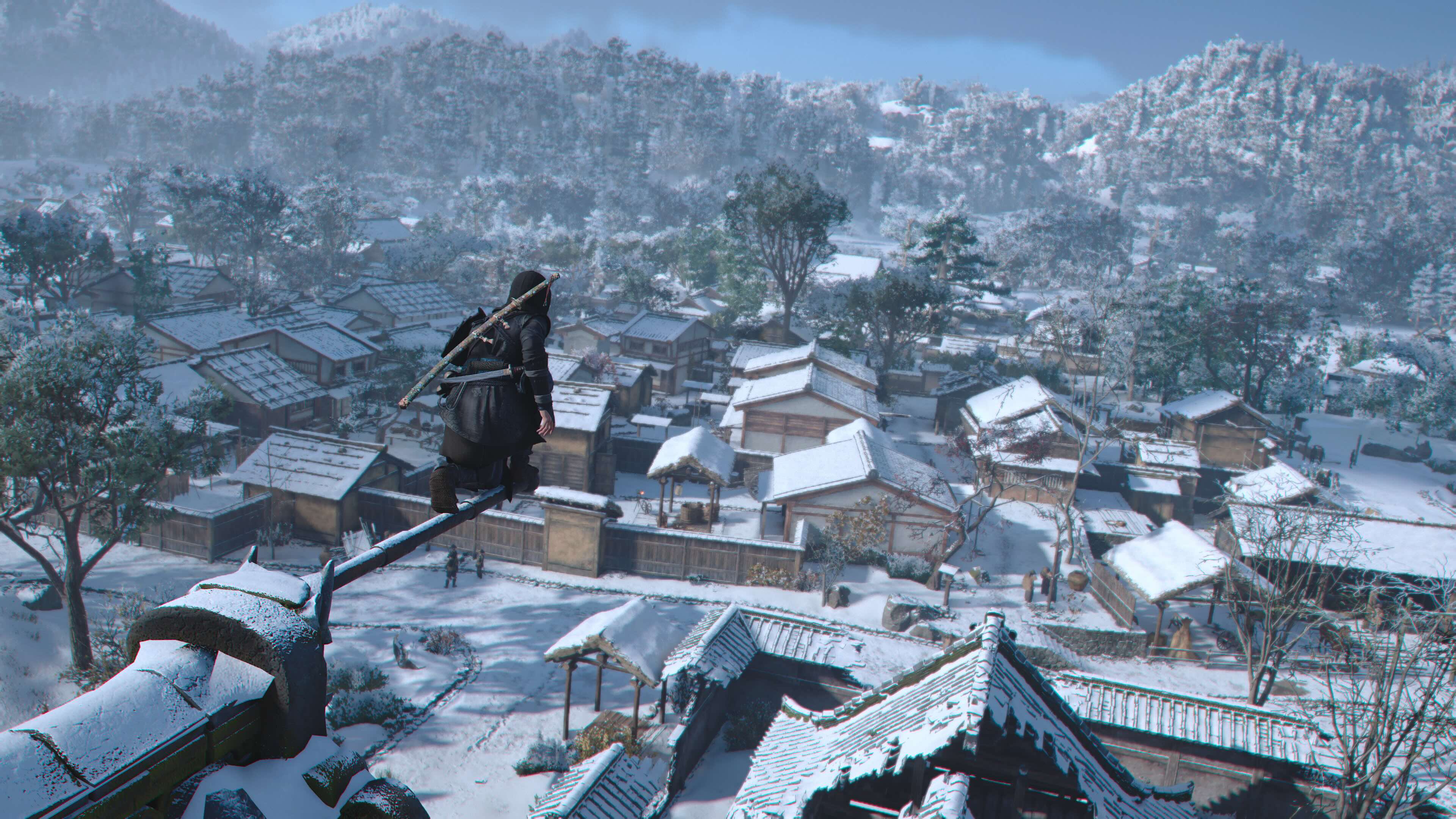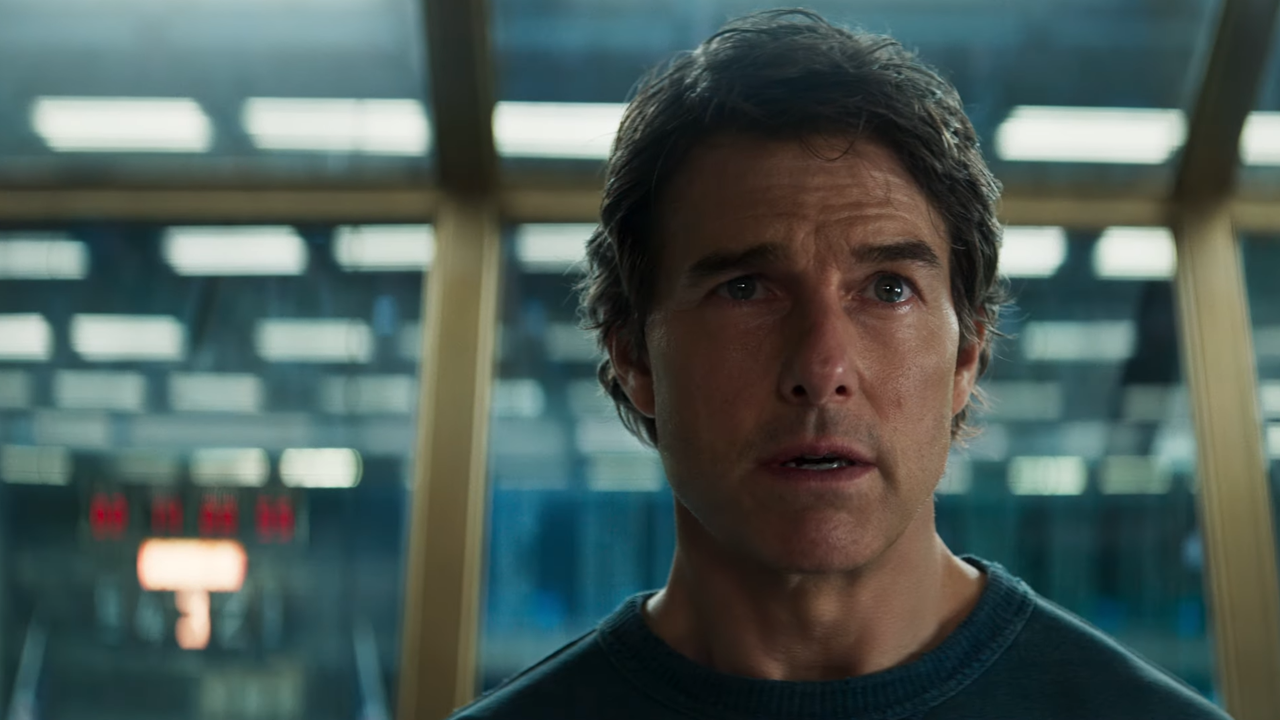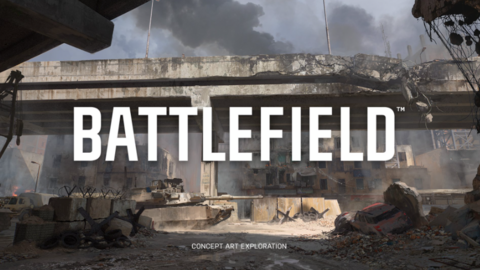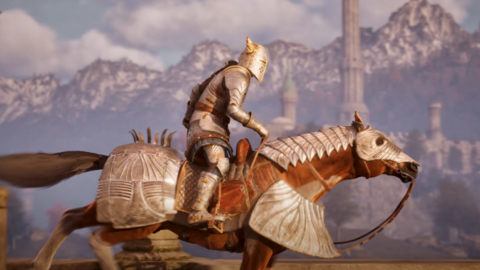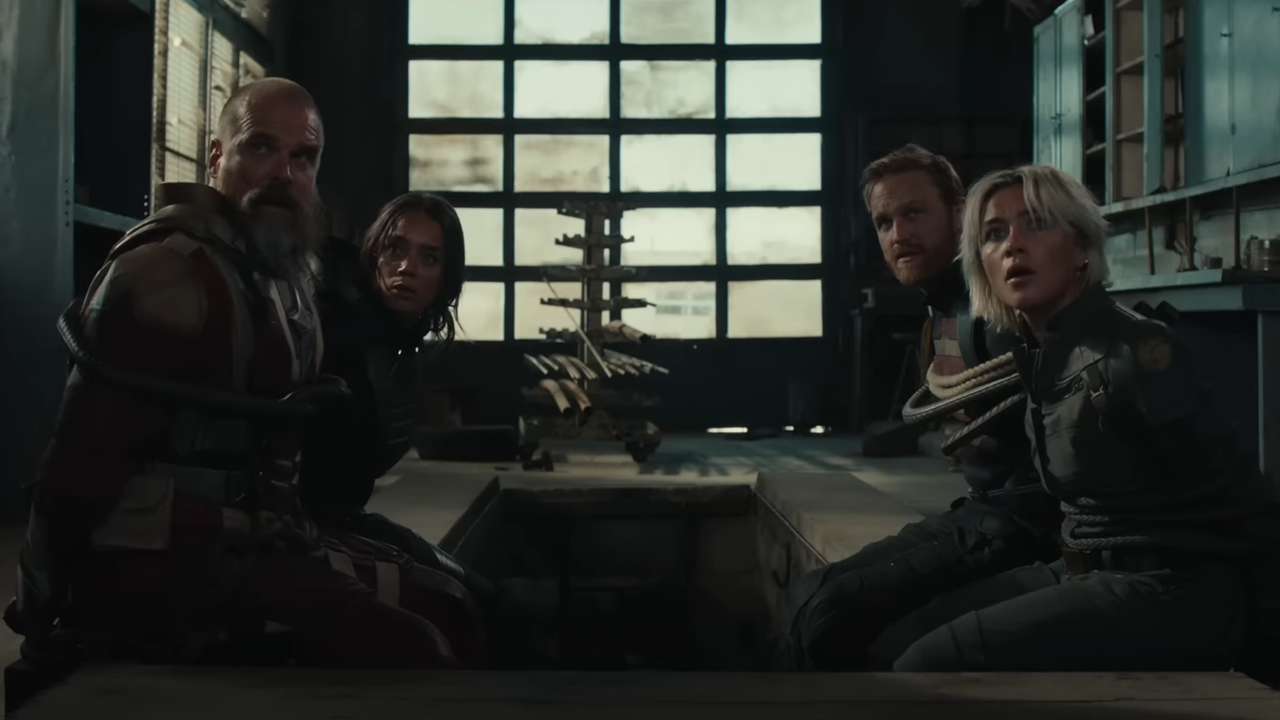
About 15 hours into Assassin’s Creed Shadows, it was finally time to take a journey I had been avoiding. Six-ish hours of gameplay earlier, I had unlocked second playable protagonist Yasuke, and saw in the gorgeous objective screen that he had two objectives tied to his narrative, in Omi. Like many other open-world RPGs, Shadows encourages you to fully explore the areas you unlock early, and I had a fun time assassinating and decapitating various foes in the game’s first two regions: Izumi Settsu and Yamashiro. But as far as I could tell, I was mostly done there, and ready to make a journey that would finally take me to some new parts of the game’s world.
That trek from my closest available fast-travel point to Omi was 3,000 meters away. That’s fine, I thought. It’ll be quite a journey, but I’m sure I’ll discover some things to interact with or explore on the way. I was very, very wrong, and ended up coming away from the end of my session wondering if I’d ever pick the game up again.
All journeys in Shadows are made longer by the game’s ambitious but flawed fealty to matching real terrain as closely as possible. It is nearly impossible to take shortcuts — hills are too steep to climb, forests are too thick to cut through. The environments are beautiful, but the paths to your destination are very limited, which takes a lot of the fun out of exploring. Even more critical is the lack of ways to engage with the world around you, such as the beautifully rendered wildlife and the lush landscapes of feudal Japan.

This is a tricky line, as modern open-world RPGs (including the Assassin’s Creed franchise) have struggled with overcrowded maps, extraneous mechanics, and empty checklists. But it seems Ubisoft overcorrected here, especially because Shadows also doesn’t show any objective on your map unless you know exactly where it is. To find that out, you usually have to spend one of your (quite limited) scouting resources, so you have to actively choose which objective you want to pursue instead of just seeing what’s close to you. And as much as I like the visual design of the objective screen, there’s no way to sort the missions by location, so it’s very easy to miss whatever’s actually closest to you. (Or if there are things to do on, say, a 3,000-meter trip.)
On my nearly hourlong journey to Omi, I encountered a few random skirmishes between soldiers and barbarians that I could choose to get involved in, and one opportunity to paint local wildlife. I didn’t engage with the former, because there was no narrative or mechanical reason to do so, but I did take advantage of the latter — it’s one of the systems I do like about the game. But that was it, and it felt representative of two of my biggest issues with Shadows: For a world so vast, it feels surprisingly empty, and there are very few ways to tangibly interact with the environment or the things that live there. The painting minigame is a great example, but there are very, very few instances of it in the world. The last thing these games need is more systems, but thinking on how Red Dead Redemption 2 and Ghost of Tsushima handled making the world more interesting, I found myself wishing I could do something like catalog all the flora and fauna I encountered on my trip. It would have made it feel like an actual journey, and not a slog, and that I was actually interacting with this world I was traversing through.

Then I got to Omi, and my frustration only grew. The missions for Yasuke served as introductions to a character I had already been playing for a long time, complete with tutorials for weapons I had been using for hours. It’s a puzzling decision, as when you unlock these missions to begin with, you are nowhere near Omi, so it seems unlikely many players will just beeline there. These are the risks of an at-your-own-pace narrative that doesn’t want to cheat with travel, I guess.
All told, the reward at the end of my 3,000-meter journey was about an hour of cutscenes and walk-and-talk missions, complete with three (three!) different instances of the animation of the seasons changing, and tutorials for things I already knew. (That’s another issue with Shadows: The two mission types seem to be exclusively “talk to this person so they can tell you to talk to another person” or “sneak into this place and kill everyone there.”)
That sounds OK if you’re really gripped by Shadows’ narrative, but I’m not. I feel like I’ve seen more interesting versions of similar stories before (in part because the game’s sprawl makes the pacing of the narrative extremely fractured). At the end of the night, I realized I’d spent more than two hours playing Shadows, and I felt like I got absolutely nothing out of that time besides empty progress.
This problem isn’t unique to Shadows; it’s something many games in the genre struggle with. But a better way is possible — Avowed drops you right into the world and the gameplay and keeps you going without making you feel like you’re filling time (playing Shadows directly after Avowed did the former no favors), and I hear Atomfall is much the same. I’ve been enjoying Shadows’ stealth and combat, and it’s quite fun when I’m actually playing it. I just wish I didn’t feel like I had to fight the game (or the number of hours in a day) just to get to those points where Shadows lives up to the promise of a game where you can switch between two equally skilled but very different killers on your quest for bloody revenge in a gorgeous environment.
Source:https://www.polygon.com/opinion/551914/assassins-creed-shadows-sprawl-boring-walking-quests-yasuke-omi